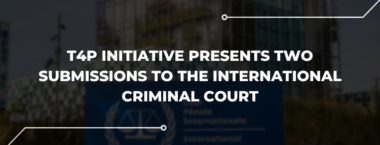
Torments, Torture Chambers, Executions: T4P Initiative Presents Two Submissions to the International Criminal Court
Information about extrajudicial executions of Ukrainians by the Russian military and Russian torture chambers in...
28 September 2023
15.12.2017
On December 13, 2017 the Ukrainian Institute for the Future and UHHRU arranged a roundtable entitled “Pension Fund of Ukraine. Three Years of Cooperation with Occupation Authorities“.
Since the beginning of 2015, the Pension Fund of Ukraine on its initiative and contrary to the current legislation has changed the procedure for the assignment of a pension for internally displaced persons from Crimea. According to the new rules, when an IDP applies for a pension, PFU must send a request to the Crimean occupation authorities. The purpose of such a request is to receive a hard copy of pension case and information about possible pension payments made from the budget of the Russian Federation. Only after the receipt of the hard copy, a pension may be paid, but not earlier than since all the payments from the authorities of the occupation authorities cease. Due to this procedure of the Pension Fund of Ukraine, authorities of the Russian Federation have already received personal details of more than 5,000 Ukrainian citizens, together with a fact of their resettlement and residence address on the territory controlled by Ukraine.
There are certain legal conflicts in the actions of the Pension Fund. “On the one hand, the state has the right to know how exactly citizens are provided with pensions, on the other, we are forbidden to cooperate with the occupation authorities of Crimea,” said Borys Zakharov, Head of the Advocacy Center of the Ukrainian Helsinki Human Rights Union.
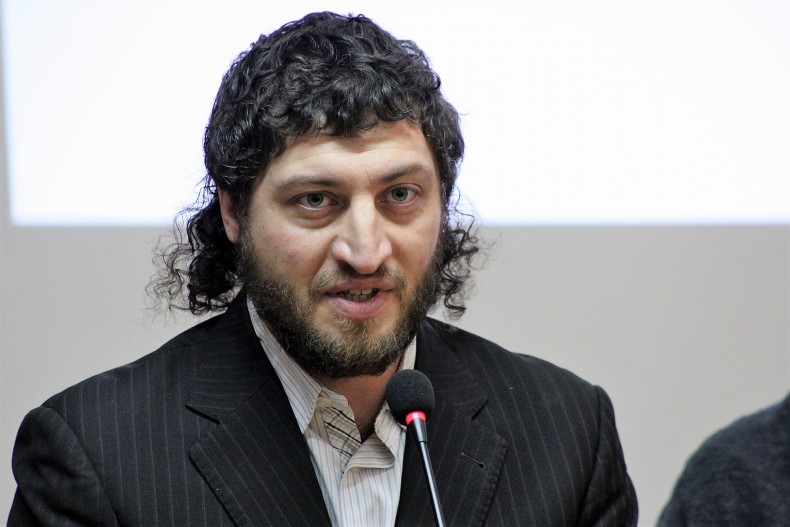
But in the correspondence of PFU with the authorities of Russia, there are signs of a crime. “Such a way the Pension Fund recognizes the jurisdiction of the Russian Federation in making pension payments on the territory of Crimea. PFU recognizes documents with seals of the so-called “Republic of Crimea,” said Hanna Rasamakhina, a lawyer at the UHHRU Specialized Public Reception on Crimea.
As a result, the Pension Fund sends requests to Moscow, Voronezh and Krasnodar Krai, which contains Crimea, according to the occupants. In these documents, there are addressed of the persons’ residences after they moved to the territory controlled by Ukraine. “This is the dissemination of confidential personal details without a legitimate aim and consent of the person. And the ultimate goal of such actions is to save budget funds at the expense of pensions not paid to IDPs, and it is illusory,” said Hanna Rasamakhina.
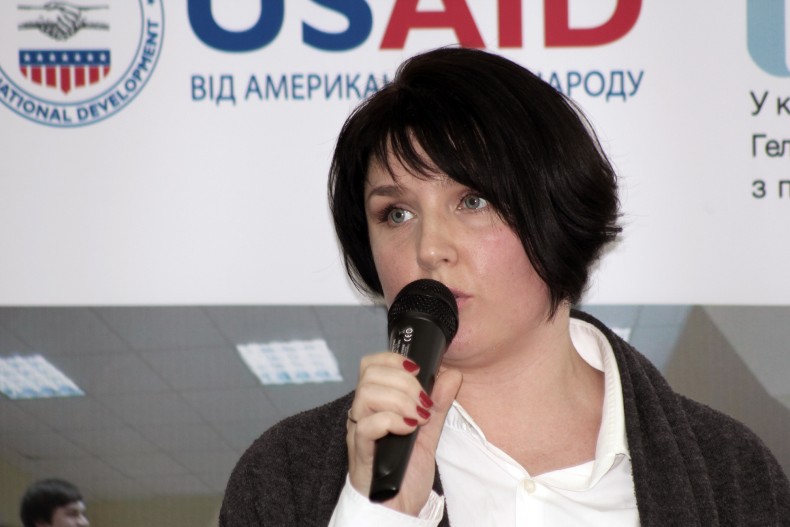
Interestingly, the Russian Federation never sends the original financial documents – accounts showing the payment of pensions. Instead, Ukrainian officials receive certificates of payments of Russian pensions for certain periods. That is, PFU does not receive the actual evidence of payments. Sometimes such certificates are obviously fake. For ex., once a document came from Russia that proved the payment of a pension to a long dead person. And on the basis of this document, the Pension Fund refused to pay an unearned pension to a person for the period when she was still alive.
At present, lawyers of the Helsinki Union support a number of court cases regarding the recognition of the actions done by the Pension Fund as unlawful. One of the cases has not yet been considered for the year, because PFU officials resort to “procedural sabotage” in order to delay its consideration. On December 12, the Shevchenkivskiy District Court of Kyiv completely satisfied the UHHRU lawyers’ claim in one of such cases.
Oleksandr Udovychenko, Deputy Prosecutor of the Autonomous Republic of Crimea, said that his department is already conducting a pre-trial investigation into the facts of illegal cooperation of PFU with the state authorities of Russia. “We opened criminal proceedings and conducted investigative actions. The letters from the FSB of the Russian Federation in the Autonomous Republic of Crimea are currently being investigated by our investigators, and are highly questionable,” he said.
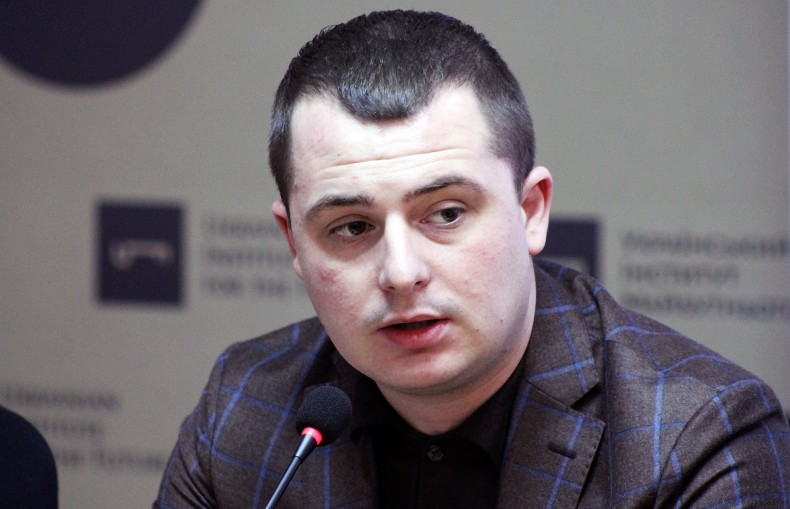
Olena Okhrimenko, Head of the Office of Control and Consideration of Citizens’ Appeals of the Pension Fund of Ukraine, denied that her agency cooperated with the occupation authorities of Crimea. “We are sending all requests to the Russian Federation, and this is regulated by the Law of Ukraine on ensuring the rights and freedoms of citizens and the legal regime in the temporarily occupied territory of Ukraine. We also have two CIS treaties that have not been canceled. In these treaties, it is said that when moving a pensioner from one country to another, only one party can pay a pension. This prompts us to send requests to the bodies of the Russian Federation.” Olena Okhrimenko also believes that the Cabinet of Ministers by Decree No. 234 ordered to send requests to the Russian Federation. “We are sending our requests not to Crimea, but to Moscow, to Shabolovka”, said the representative of the Pension Fund.
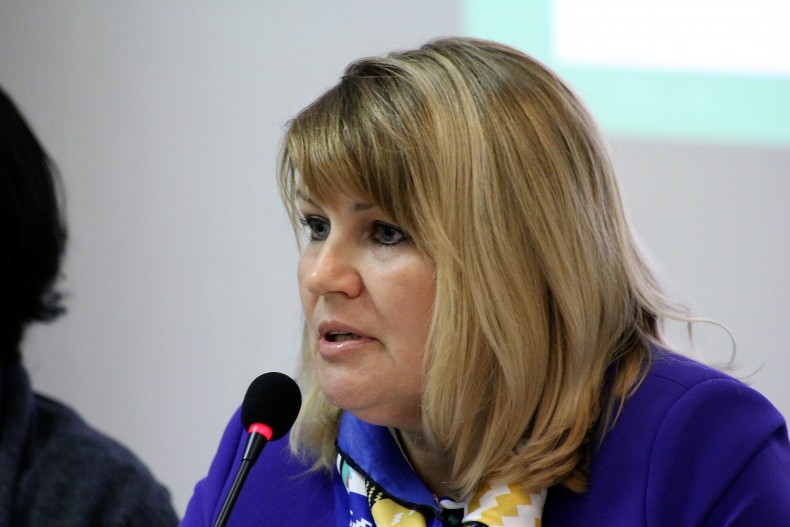
Talking about this, Hanna Rasamakhina has denied that Resolution No. 234 of the Government concerns only Ukrainian citizens living in the occupied territory and wishing to receive a Ukrainian pension. Therefore, this norm cannot be applied to IDPs.
Liudmyla Denisova, People’s Deputy and Head of the Committee on Social Policy, said that, according to the Constitution, all citizens of Ukraine have the right to receive a pension. “We cannot use the CIS treaties, because the Russian Federation is an aggressor,” the MP said.
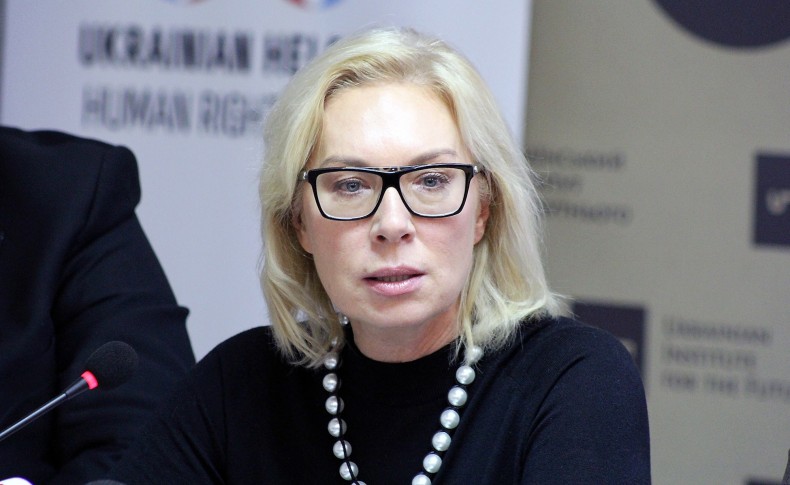
Refat Chubarov, Head of the Mejlis of the Crimean Tatar people and People’s Deputy of Ukraine, said that our state should protect its citizens not only physically. Their personal details must also be protected. According to the deputy, the transfer of personal details has negatively affected some families of the Crimean Tatars. “One of the inhabitants of Crimea went to the controlled territory, joined the Aidar battalion, participated in the ATO, invalidated out of the army, and then applied for a pension to the Pension Fund. After that, PFU sent all his data and actual address to Crimea, where the FSB has immediately received it. If you cannot proceed without sending these requests, you must avoid personalization in them, you should not mention the current address, at least,” said Refat Chubarov.
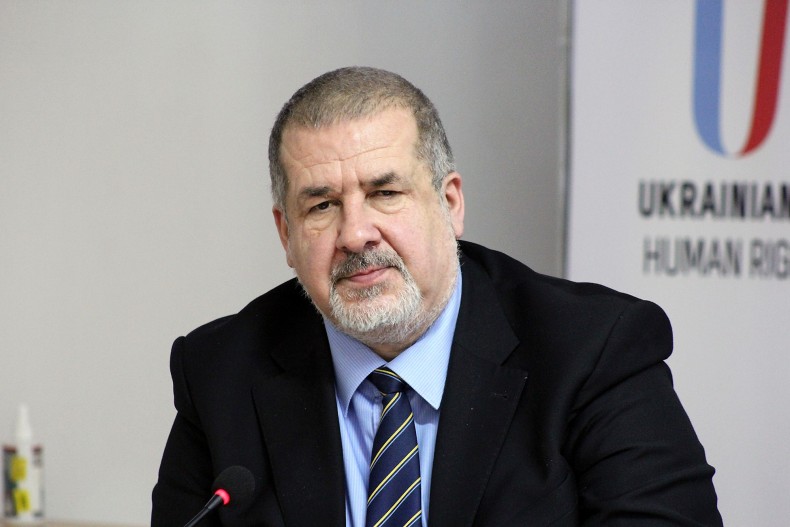
Currently, 41 Ukrainian citizens, who receive a pension from Ukraine, live in Crimea, and more than 2,200 citizens who left Crimea also receive a pension from the Ukrainian budget.
What exactly should the Pension Fund do to avoid violating the law? Hanna Rasamakhina says that this issue has long been regulated by Decree No. 365 and No. 637 of the Cabinet of Ministers. Payments made to IDPs from the ATO zone are restored on the basis of information of a short electronic pension case, which the Pension Fund has the authority to request from the Unified Computing Center of the Ministry of Social Policy. These short cases contain an exhaustive list of data that allows calculating pensions.
Text and photo by Oleh Shinkarenko (UHHRU)
If you find an error on our site, please select the incorrect text and press ctrl-enter.

Information about extrajudicial executions of Ukrainians by the Russian military and Russian torture chambers in...
28 September 2023
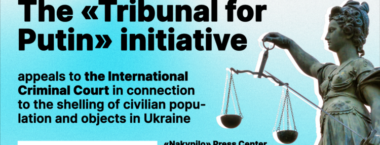
Since the onset of the full-scale invasion, the «Tribunal for Putin» initiative has recorded about...
18 August 2023

Position of Ukrainian organizations of the Human Rights Houses Network and Ukrainian lawyers on the...
17 July 2023

On June 6, 2023, the Southern Area Military Court of Rostov-na-Donu sentenced Mr.Bohdan Ziza, a...
08 June 2023